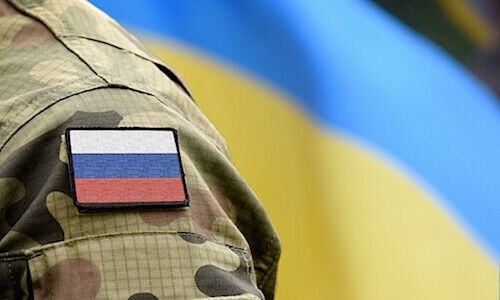Global banks are calling for more investor defensiveness amid the launch of Russian military operations in Ukraine, with a focus on energy prices.
For investors, Russia's attack on Ukraine spells more uncertainty and adds to an already challenging 2022 for global markets. finews.com looked at what the banks are saying on the topic.
Energy Counter
Energy prices are expected to be the key area the military conflict will immediately impact, since Russia accounts for around 40 percent and 30 percent of the European Union’s gas and oil imports, respectively.
Resulting OECD sanctions on Russia will be closely monitored, as will a subsequent counter via energy sanctions by Russia and Europe’s ability to withstand the market disruption.
«Some commentary suggests that U.S. and other country [liquified natural gas] exports to Europe could help alleviate the situation if Russia constrains energy exports. It looks like the benefits would be marginal at best,» according to a market note by Michael Cembalest, chairman of market and investment strategy for J.P. Morgan Asset & Wealth Management.
«If that’s the case, part of me wonders whether the sanctions now being discussed will last that long.»
Knock-On Effect
Should Western nations be forced to accept disruption, the impact of prolonged, higher energy prices has the potential to hit not only Europe, but also derail economic growth worldwide.
«If oil prices were to rise to [$125 per barrel] or higher for two quarters, it would result in roughly half a percentage point lower in global GDP growth and higher inflation affecting consumer spending power,» said a note from UBS’ chief investment office, forecasting the outcome from what it calls an «extreme risk case».
«Should Russia’s energy flow be disrupted, higher risk premiums and lower global earnings estimates would likely trigger more long-lasting losses for equity markets.»
De-risk Equities
As a result, various banks are advising investors to review Russia-linked exposure and reduce equity risk in their portfolios.
VP Bank’s investment committee decided to downgrade European equities to neutral, leading its overall equity weighting lower to neutral.
HSBC also downgraded its global equities weighting to neutral, reducing its U.S. equity overweight and cutting European equities to a mild overweight.
Both banks advocate the deployment of hedges against the risks with a preference for gold, among other investments.
Historical Reference
Although the Russia-Ukraine conflict is expected to dominate headlines in the near term, banks highlight that such geopolitical events have historically resulted in limited market impact in the longer term.
«Investors should stay invested and not panic as geopolitical events have historically led to sharp, yet short-lived corrections as the broader economic context will eventually dominate,» said Georgios Leontaris, CIO, MENA and Europe international, HSBC Global Private Banking and Wealth.
«Europe is highly dependent on Russian gas. Here we are optimistic since even at the height of the Cold War, Europe was supplied with gas from the Soviet Union,» added VP Bank CIO Dr. Felix Brill.


































